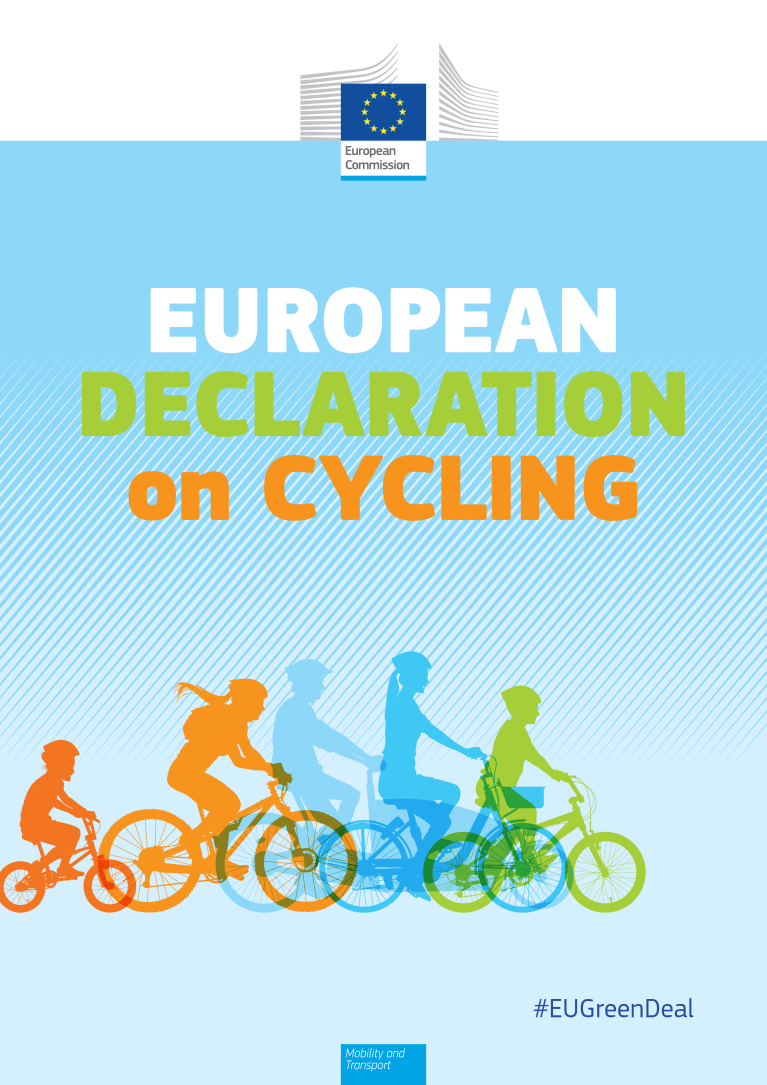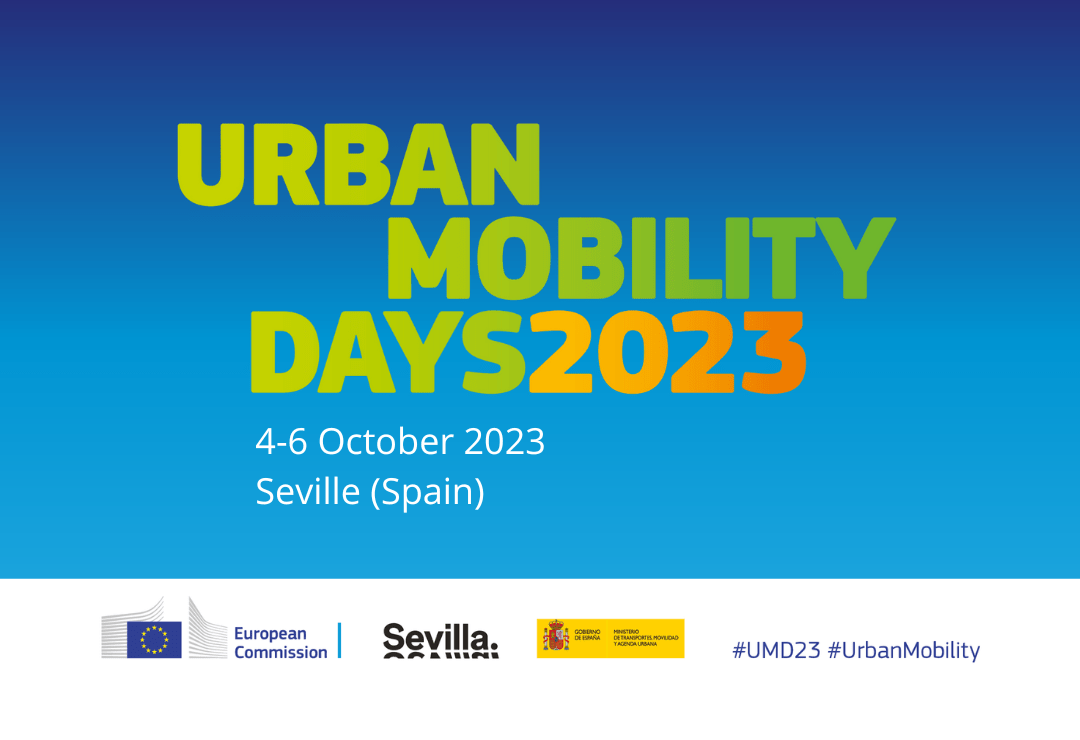Pedal power takes centre stage: EU Cycling Declaration unveiled at Urban Mobility Days
This week, at Urban Mobility Days in Seville, the European Commission released its EU Cycling Declaration — placing pedal power front and centre of the future of urban mobility, and POLIS celebrates this!
As the leading network of EU cities and regions advancing sustainable mobility through transport innovation, POLIS is happy to see the release of the EU Cycling Declaration.
🚲Cycling is sustainable, affordable& healthy🚲
Today at #UMD23 we launched our 🇪🇺 Cycling Declaration
Thank you to all who came to share their 🧡 for pedalling in 🇪🇸 Seville - your enthusiasm shows we need to further boost bike use across Europe!https://t.co/2z99RNR2gi pic.twitter.com/yJE3FzTpMs
— EU Transport (@Transport_EU) October 4, 2023
The EU Cycling Declaration is an important document that represents a higher-level commitment to the uptake of cycling, reinforcing the relevance and critical role bikes will have in the future of the decarbonisation of European cities. It is an exciting time to see the efforts being put together by the European Commission.
Cycling, as walking and wheeling, is one of the most sustainable and democratic transport modes, and its recognition as such is essential to unlock all the potential and benefits it can bring to citizens, cities, and industry.
The significance of the EU Cycling Declaration
 POLIS is happy to see that inclusion and equity are being considered as part of the Declaration, which aims to ensure everyone, apart from age, gender, impairments, and social background, can and will enjoy the uptake of cycling. Inclusion and equity can only be achieved with safety in mind, and cycling should be safe for all.
POLIS is happy to see that inclusion and equity are being considered as part of the Declaration, which aims to ensure everyone, apart from age, gender, impairments, and social background, can and will enjoy the uptake of cycling. Inclusion and equity can only be achieved with safety in mind, and cycling should be safe for all.
The Declaration makes safety an essential part of the future of cycling in Europe. This can be achieved not only through improved and extended cycling infrastructure, training and awareness but together with other measures and, most importantly, with the reduction of speed limits in urban areas. POLIS sees this Declaration as an essential tool supporting the discussion and advancements for speed reduction to be adopted throughout Europe.
The Declaration also recognises the importance of the different levels of government acting in cooperation. However, many of the transformations expected from the Declaration will be materialised in cities and regions. For that, it is essential to strengthen the local expertise by improving the organisational competence of regional and local authorities to shift to a cycling and walking culture. It is also relevant to increase the cooperation and knowledge exchange between regional and local actors — homogenising the development of cycling in different European regions and member states.
We must remember funding. The Declaration mentions the importance of funding for cycling, also from different levels and from different EU funding instruments. Local and regional funding must also be matched with funding by the EU and the member states national budgets. Moreover, the prioritisation of cycling from the Declaration must be adequately reflected in R&I funding.
Making the momentum last
The EU Cycling Declaration sheds light on all the benefits and positive outcomes that advancing cycling can bring to Europe, as well as many of the measures needed to make this a reality. It creates an optimistic momentum for cycling and active modes, a big step for the EU Green Deal. Now, the challenge is how to make the momentum last and not shy away from the challenges it will also bring.
We cycle towards a greener future.
Today, we proposed a European Declaration on Cycling that includes clear commitments to improving road safety and the quality and quantity of cycling infrastructure across our Union.
Read more → https://t.co/VVdlEL8v0Z#EUGreenDeal pic.twitter.com/p0UDPUxPbj
— European Commission (@EU_Commission) October 4, 2023
POLIS happily embarks on this mission, embracing the opportunities the EU cycling declaration brings, examining the next steps and working together with our members to make this a concrete part of the future of mobility.

